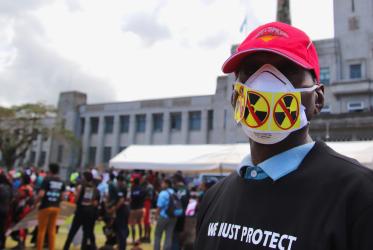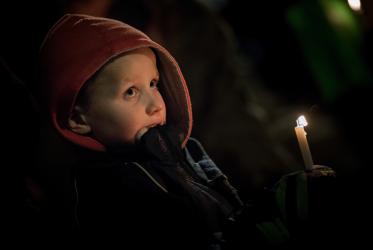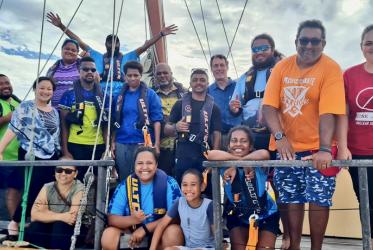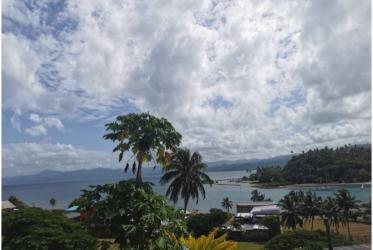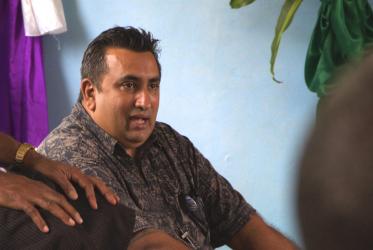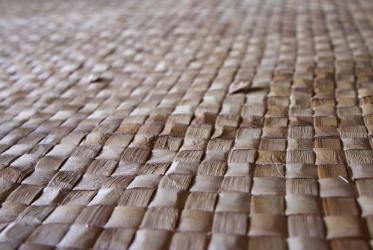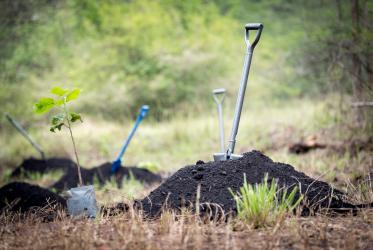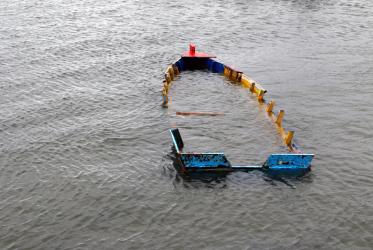Displaying 1 - 20 of 59
29 August 2023
Pacific Theological College publishes “A COVID-19 Wellbeing Statement”
03 September 2021
Webinar brings Pacific voices for a new creation
10 February 2021
Applications open for WCC Eco-School
22 October 2020
Churches should use their voice on climate change
26 February 2020
WCC general secretary: “Love opens the way to change”
13 February 2020
